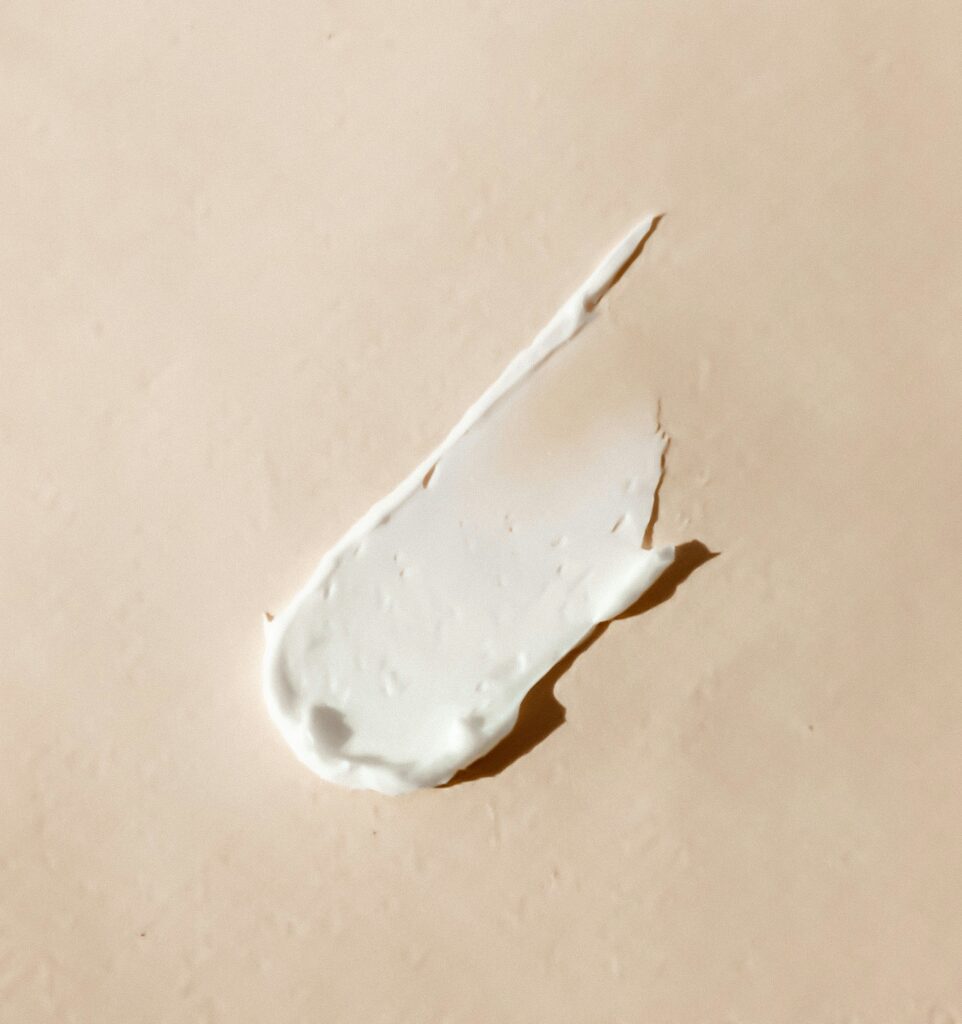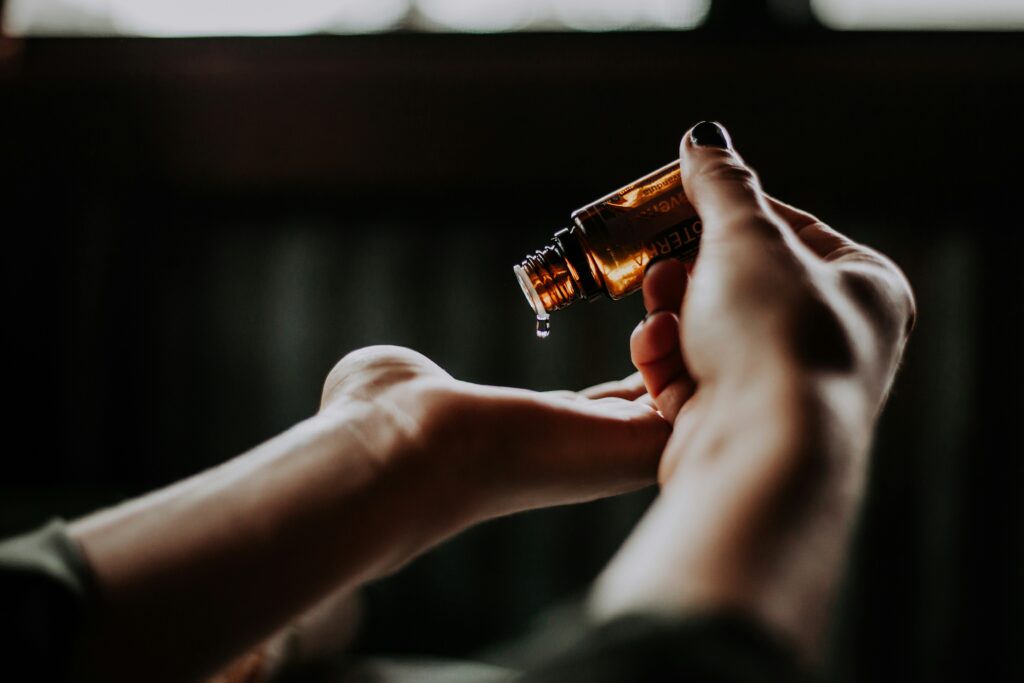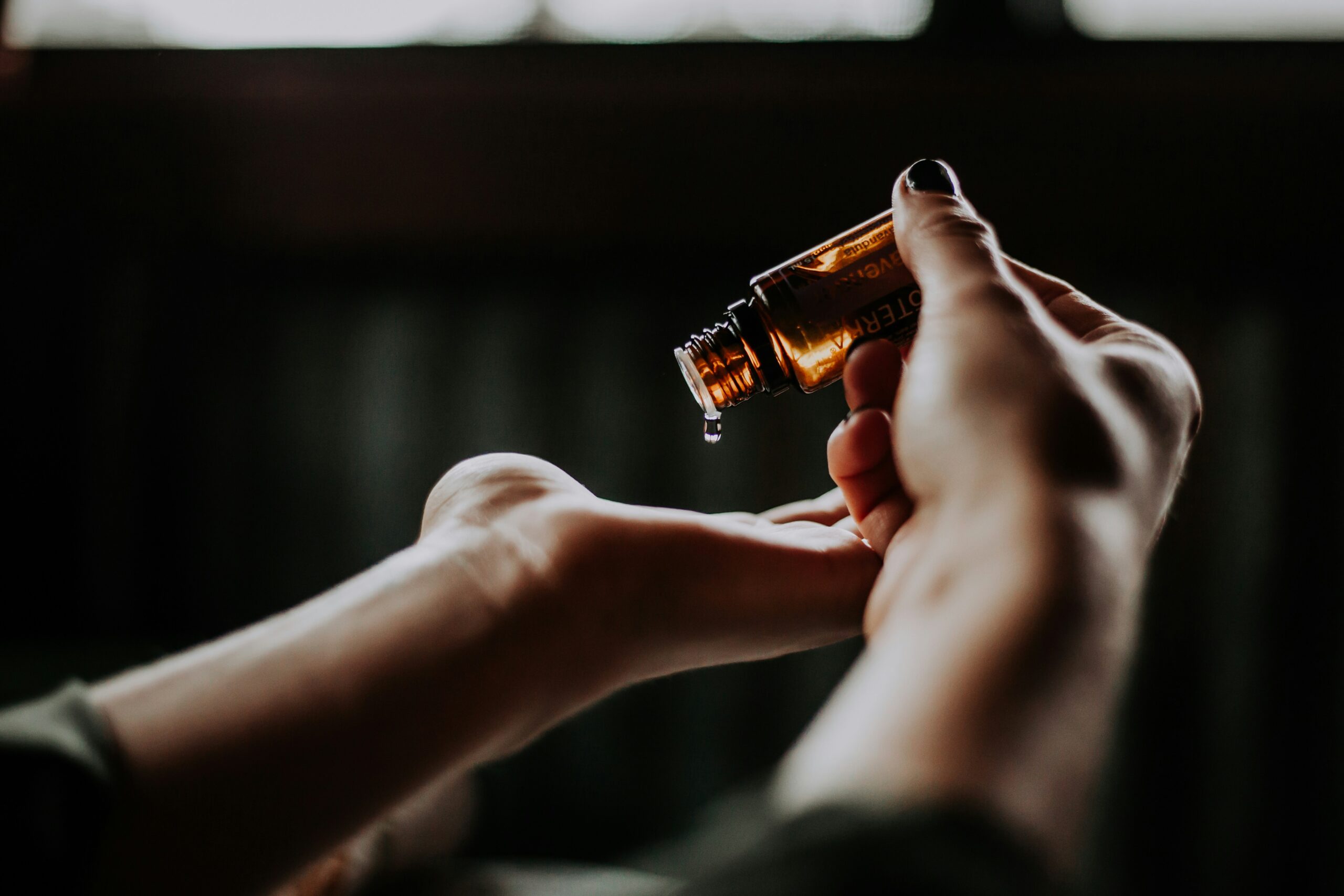In today’s bustling world of skincare and cosmetics, it’s no surprise that we are becoming more conscious about the ingredients we put on our bodies. With a growing emphasis on health and sustainability, many of us are wondering if there are organic options available for our beloved beauty products. From serums to lipsticks, we want to know if we can enhance our beauty routines while also caring for the environment. So, let’s explore the world of organic skincare and cosmetics and discover if there is a natural way to pamper ourselves without compromising on effectiveness or quality.

What is organic skincare and cosmetics?
Organic skincare and cosmetics refer to products that are made using natural and organic ingredients. These products are free from harmful chemicals, pesticides, and genetically modified organisms. They are formulated to nourish and enhance the appearance of the skin, while also being environmentally friendly.
Benefits of organic skincare and cosmetics
Using organic skincare and cosmetics can offer numerous benefits for both our skin and overall well-being. Firstly, organic products are gentle and less likely to cause skin irritations or allergic reactions. This is because they do not contain harsh chemicals, artificial fragrances, and synthetic dyes that are commonly found in conventional skincare and cosmetic products.
Organic products also tend to be richer in antioxidants, vitamins, and minerals, which are essential for healthy skin. These natural ingredients can help to moisturize, rejuvenate, and protect the skin from environmental damage, resulting in a more youthful and radiant complexion.
In addition to being beneficial for our skin, organic skincare and cosmetics are also better for the environment. The organic farming practices used to cultivate the ingredients used in these products are sustainable and do not harm the planet. By choosing organic, we can contribute to reducing our carbon footprint and supporting eco-conscious brands.

Understanding organic certifications
When shopping for organic skincare and cosmetics, it’s important to look for products that have been certified by reputable organic certification bodies. These certifications ensure that the products meet specific standards and regulations set forth by the certifying organization.
Some well-known organic certifications include USDA Organic, Cosmos Organic, and Ecocert. Each certification has its own set of criteria, but they typically require products to contain a certain percentage of organic ingredients, be free from specific chemicals, and comply with ethical and sustainable manufacturing practices.
Checking for these certifications on product labels can help us identify genuine organic products and have confidence in their quality and authenticity.
Common organic ingredients in skincare and cosmetics
Organic skincare and cosmetics harness the power of nature by using a variety of beneficial and nourishing ingredients. Here are some common organic ingredients you might find in these products:
- Organic Aloe Vera: Known for its soothing and hydrating properties, aloe vera is often used in organic moisturizers, cleansers, and face masks. It helps to calm inflammation, reduce redness, and promote skin healing.
- Organic Coconut Oil: This versatile ingredient is a staple in organic skincare and cosmetics. Coconut oil has moisturizing and antibacterial properties, making it ideal for use in body lotions, lip balms, and hair care products.
- Organic Jojoba Oil: Similar in composition to the skin’s natural oils, jojoba oil is highly moisturizing and can help balance the skin’s oil production. It is commonly found in organic facial serums, cleansers, and makeup removers.
- Organic Shea Butter: Derived from the nuts of the shea tree, this rich and creamy butter is deeply moisturizing and protects the skin’s natural barrier. It is often used in organic body butters, lip balms, and hand creams.
- Organic Rosehip Seed Oil: Packed with vitamins, antioxidants, and essential fatty acids, rosehip seed oil is prized for its anti-aging benefits. It can help reduce the appearance of wrinkles, scars, and hyperpigmentation, making it a popular ingredient in organic facial oils and serums.
These are just a few examples of the many organic ingredients used in skincare and cosmetics. Each ingredient brings its own unique benefits and contributes to the overall effectiveness of the product.

Organic skincare and cosmetic brands
With the increasing demand for organic skincare and cosmetics, there are now many brands that specialize in creating organic products. Some popular organic brands include Dr. Hauschka, Tata Harper, RMS Beauty, and Herbivore Botanicals.
These brands prioritize using high-quality organic ingredients, sustainable packaging, and ethical manufacturing practices. They often have a strong commitment to transparency and disclose the origins and sourcing of their ingredients, allowing consumers to make informed choices about the products they purchase.
Furthermore, many organic brands also embrace cruelty-free practices, ensuring that their products are not tested on animals. This aligns with the values of many consumers who prioritize ethical and cruelty-free shopping.
Switching to organic skincare and cosmetics
Switching to organic skincare and cosmetics can be a positive step towards a healthier and more sustainable beauty routine. However, it’s important to approach the transition gradually, especially if you have sensitive or reactive skin.
Start by replacing one or two products in your skincare or cosmetic routine with organic alternatives. Begin with products that have a high concentration of organic ingredients and are suited to your skin type and concerns. This allows your skin to gradually adjust to the new products without overwhelming it.
Pay attention to any changes in your skin’s appearance or texture when switching to organic products. It’s normal for the skin to go through a transition period as it adjusts to the new ingredients. Give your skin some time to adapt, and if any adverse reactions occur, discontinue use and consult with a dermatologist.

DIY organic skincare and cosmetics
For those who enjoy a hands-on approach and want complete control over the ingredients they use, DIY organic skincare and cosmetics can be a fun and rewarding option. Making your own products allows you to customize the formulas to suit your skin’s unique needs and preferences.
There are numerous online resources, books, and workshops available that provide guidance on creating DIY organic products. From simple lip balms and body scrubs to more complex formulations such as facial masks and serums, the possibilities are endless.
When making DIY organic skincare and cosmetics, it’s essential to source high-quality organic ingredients. Look for reputable suppliers and ensure that the ingredients are certified organic. Additionally, always follow proper hygiene practices and store your DIY products correctly to maintain their freshness and effectiveness.
Debunking myths about organic skincare and cosmetics
Like any popular trend, there are bound to be myths and misconceptions surrounding organic skincare and cosmetics. Let’s debunk some of the common myths:
Myth 1: Organic products are not as effective as conventional products.
This is not true. Organic skincare and cosmetic products can be just as effective, if not more so, than their conventional counterparts. The natural ingredients used in organic products are often rich in potent antioxidants, vitamins, and minerals that nourish and rejuvenate the skin effectively.
Myth 2: Organic products are always expensive.
While some organic products may have a higher price point, there are also many affordable options available. Additionally, when considering the benefits of organic skincare and cosmetics on our skin and the environment, the cost can be seen as an investment in our well-being.
Myth 3: Organic products have a shorter shelf life.
Organic products can have a shorter shelf life compared to products that are packed with preservatives. However, proper storage and usage can help extend the lifespan of organic products. Many organic brands use eco-friendly packaging that helps preserve the product’s freshness.
Myth 4: All-natural and organic are the same thing.
While all-natural and organic products share similarities, they are not the same. All-natural products are made using natural ingredients but may still contain synthetic chemicals and additives. Organic products, on the other hand, adhere to specific organic certifications and standards.

Choosing the right organic products for your skin type
When it comes to selecting the right organic skincare and cosmetic products for your skin type, it’s important to consider your specific needs and concerns. Here are some tips to help you navigate the options:
- Determine your skin type: Understand whether you have dry, oily, combination, or sensitive skin. This will help you narrow down products that are formulated to address your specific needs.
- Read product labels: Look for certifications such as USDA Organic or Cosmos Organic to ensure the products meet organic standards. Additionally, check for specific ingredients that target your skin concerns, such as hyaluronic acid for hydration or tea tree oil for acne-prone skin.
- Consider your skin concerns: Whether you’re looking for anti-aging, brightening, or clarifying products, choose organic products that contain ingredients known to address those concerns. For example, vitamin C for brightening or retinol alternatives for anti-aging.
- Patch test: Before incorporating a new product into your routine, perform a patch test on a small area of your skin to check for any adverse reactions.
Remember, everyone’s skin is unique and what works for one person may not work for another. It may take some trial and error to find the perfect organic products that suit your skin type and concerns.
Conclusion
Organic skincare and cosmetics offer a natural and sustainable approach to our beauty routines. By opting for products that are free from harmful chemicals and pesticides, we can nourish our skin while minimizing our impact on the environment.
The benefits of organic skincare and cosmetics are vast, ranging from gentler formulations that reduce the risk of skin irritations to the use of high-quality organic ingredients that provide essential nutrients for healthy skin. Additionally, organic brands often embody ethical and sustainable practices, making them an appealing choice for conscious consumers.
Whether we choose to switch to organic products gradually or embark on the adventure of making our own DIY creations, the journey towards organic skincare and cosmetics can bring us closer to healthier, more radiant skin.
Remember to read product labels, understand organic certifications, and consider your specific skin type and concerns when choosing organic products. With a little research and experimentation, we can find the perfect organic skincare and cosmetics to enhance our natural beauty.




